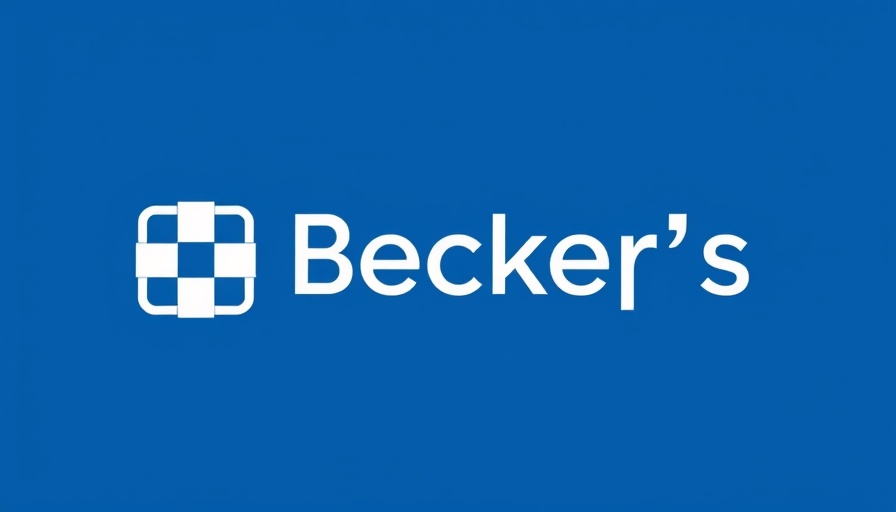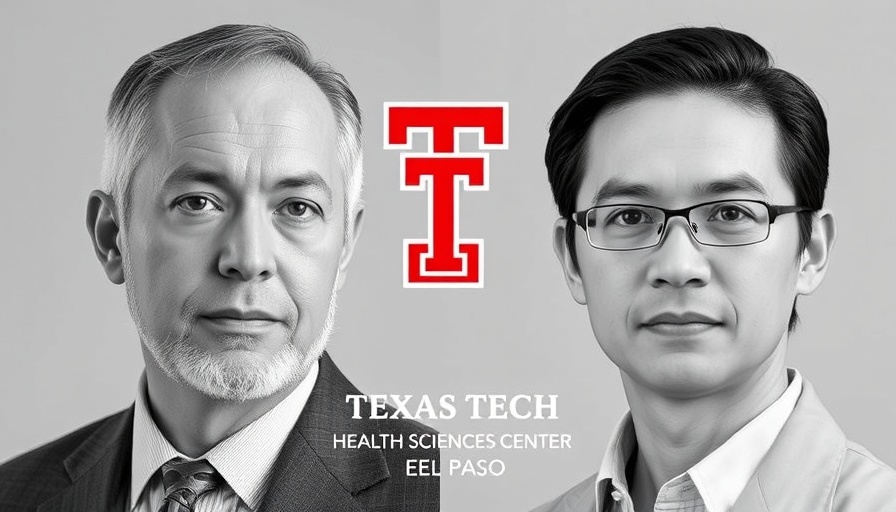
Understanding the Role of Community Hospital Leaders
In today’s healthcare landscape, community hospitals represent not just healthcare facilities, but essential pillars of support within their communities. The CEOs leading these hospitals are instrumental in bridging healthcare access gaps, ensuring quality care, and innovating new solutions tailored to local needs. These leaders are often deeply embedded within their communities, fostering relationships that allow for a more profound understanding of the health challenges their residents face.
The importance of these leaders comes into sharper focus as they not only manage acute care services but also innovate by expanding their facilities to incorporate a wide array of services such as primary care, specialty treatments, rehabilitation, and more. With a strong focus on financial sustainability, these CEOs develop strategies that not only improve patient outcomes but also enhance the workplace culture within their institutions.
Leading Through Challenges: Lessons from the Pandemic
Many of the hospital leaders highlighted in recent lists, such as the impressive 207 community hospital presidents and CEOs to know for 2025, demonstrated exemplary leadership during the COVID-19 pandemic. For instance, M. Shafeeq Ahmed, MD of Johns Hopkins Howard County Medical Center, showcased leadership under pressure by directing the hospital during the pandemic’s peak. His initiatives included establishing Maryland’s only inpatient COVID-19 behavioral health unit during a time when mental health resources were critically needed. This experience reinforced the value of adaptive leadership that is responsive to community needs.
Innovations in Care: The Future of Community Hospitals
Looking forward, community hospital CEOs are embracing technology and innovation as key components for growth. Expanding into areas like telehealth and remote therapeutic monitoring (RTM) can enhance patient engagement and optimize practice revenue. Programs designed for Medicare-backed services and using voice AI agents to streamline workflows are becoming more prevalent, demonstrating how technology is revolutionizing patient care.
For instance, as healthcare automation tools evolve, many leaders are leveraging these to tackle issues such as medical billing recovery and insurance underpayments, ultimately improving financial health and clinic cost savings. These transformative strategies are essential for independent pharmacies and community clinics aspiring to thrive in a challenging environment.
The Impact of Community Leadership on Healthcare Access
The role of community hospital leaders extends beyond operational oversight; they are vital in creating frameworks that support equitable access to healthcare. By connecting local needs with actionable healthcare strategies, CEOs are paving the way for more inclusive health programs that cater to all demographics, including senior care solutions and aging in place initiatives. This approach not only benefits patients but also contributes to the overall vitality of the community.
Personal Engagement: A Key to Success
Relationship-building is at the heart of successful community leadership. The strongest CEOs are often those who actively participate in their communities, understanding both the socio-economic factors at play and the personal stories behind the statistics. Patrick Ahearn, CEO of Community Medical Center, illustrates this commitment by focusing on quality and safety, as recognized by The Leapfrog Group, while also undertaking significant renovations to enhance patient experience and care quality.
Take Action: Embracing the Change
Community hospital CEOs are continuously adapting to provide better services and care to their patients. This proactive approach is not just beneficial for the hospitals themselves but has ripple effects throughout the communities they serve. As independent healthcare providers, from family practice doctors to pharmacy owners, understanding the innovative strategies employed by these leaders could inspire similar initiatives within your practices.
Consider how automated systems can streamline your operations or how patient engagement tools can enhance your offerings. As healthcare continues to evolve, aligning with the strategies of successful community hospital leaders might just be your next step towards ensuring your practice thrives.
 Add Row
Add Row  Add
Add 




 Add Row
Add Row  Add
Add 

Write A Comment